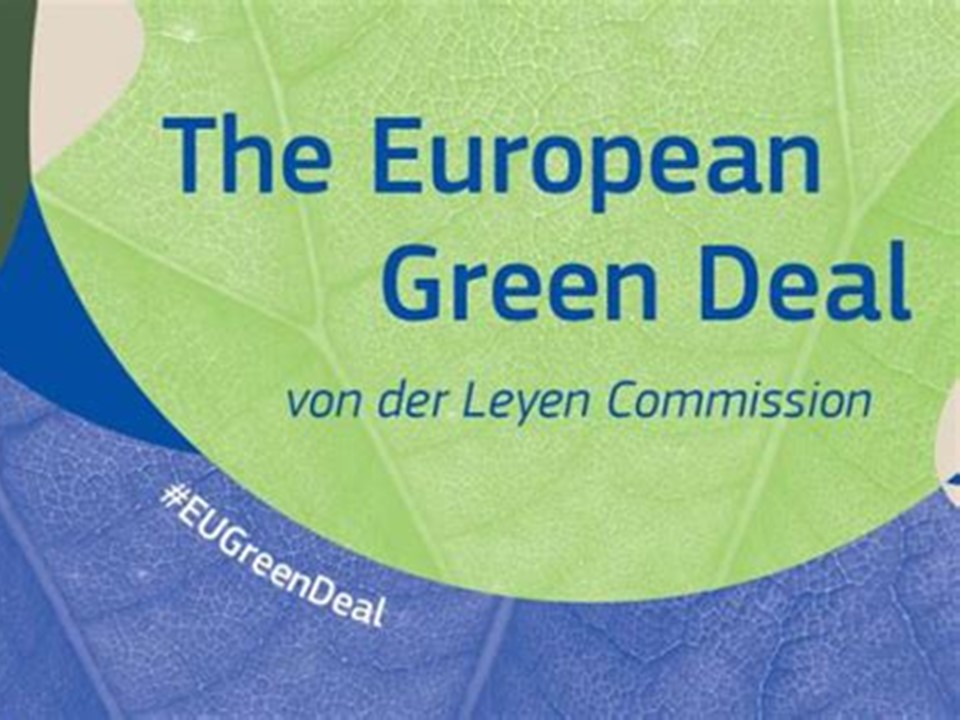Renewable energy can play a key role in both South-South cooperation and Africa’s sustainable economic recovery, says Mustapha Bakkoury, President of Masen, the Moroccan Agency for Solar Energy. As the host of COP22 climate change conference in Marrakech in 2016, Morocco has been keen to demonstrate its green credentials and make this COP the “African COP”. The use of plastic bags has long been banned in the country, its authorities have pushed new plans for extending the urban tram networks in Casablanca and Rabat, started the process of replacing its dirty old fleet of buses and taxis, launched Africa’s first city bicycle hire scheme, and launched a new initiative – the “Adaptation of African Agriculture” – to help the continent’s farmers adjust to climate change. Moreover, with no fossil fuel reserves at its disposal and thus being largely reliant on its imports, Morocco’s King Mohammed VI has since 2009 stirred the country to increase its share of renewable electricity generation to 52% by 2030.
Now faced with the COVID-19 pandemic, „Morocco, despite swift and exceptional management of the crisis, is not exempt from the macroeconomic repercussions of the outbreak,“ Mustapha Bakkoury says in an Op-Ed published by ‚The Parliament Magazine‘, adding that „nevertheless, Morocco possesses major assets to help move the country out of the crisis. Long before the pandemic, Morocco had established a development model based on renewable energies and a sustainable vision.“ It was with this impetus from King Mohammed VI that the country embarked on an energy transition, aimed at developing renewable energies, supporting energy efficiency and achieving a minimum 52% renewables energy mix by 2030. „Morocco is determined to adapt its development model to incorporate stronger social aspects and build a more inclusive, fairer economy; one that is more durable and resilient,“ explains the president of Masen, which is a public-private venture. „We are therefore advocating for a South-South cooperation model that can provide a sustainable future for countries facing similar challenges, particularly those with challenges in accessing energy.“
To this end, Morocco has demonstrated its commitment to South-South Cooperation by delivering capacity-building and technical assistance programmes, designed to help develop renewable energy projects, in some 20, mostly African, countries that are faced with similar challenges, both in terms of financing and socio-economic impact. Looking North, Mustapha Bakkoury points to the European Union that „now considers a trilateral EU-Morocco-Africa cooperation as an essential element of the Morocco-EU Green Deal… (while) the European Green Deal has also seen increased interest in Morocco’s expertise and its renewable potential.“ Yet another potential for cooperation between the two shores of the Mediterranean comes from the Sustainable Electricity Trade (SET) Roadmap, launched at the COP22 meeting in Marrakesh, which brings together Morocco, Germany, Spain, France and Portugal who are looking to integrate their green electricity markets, with several projects for exporting electricity and ‘green molecules’.




